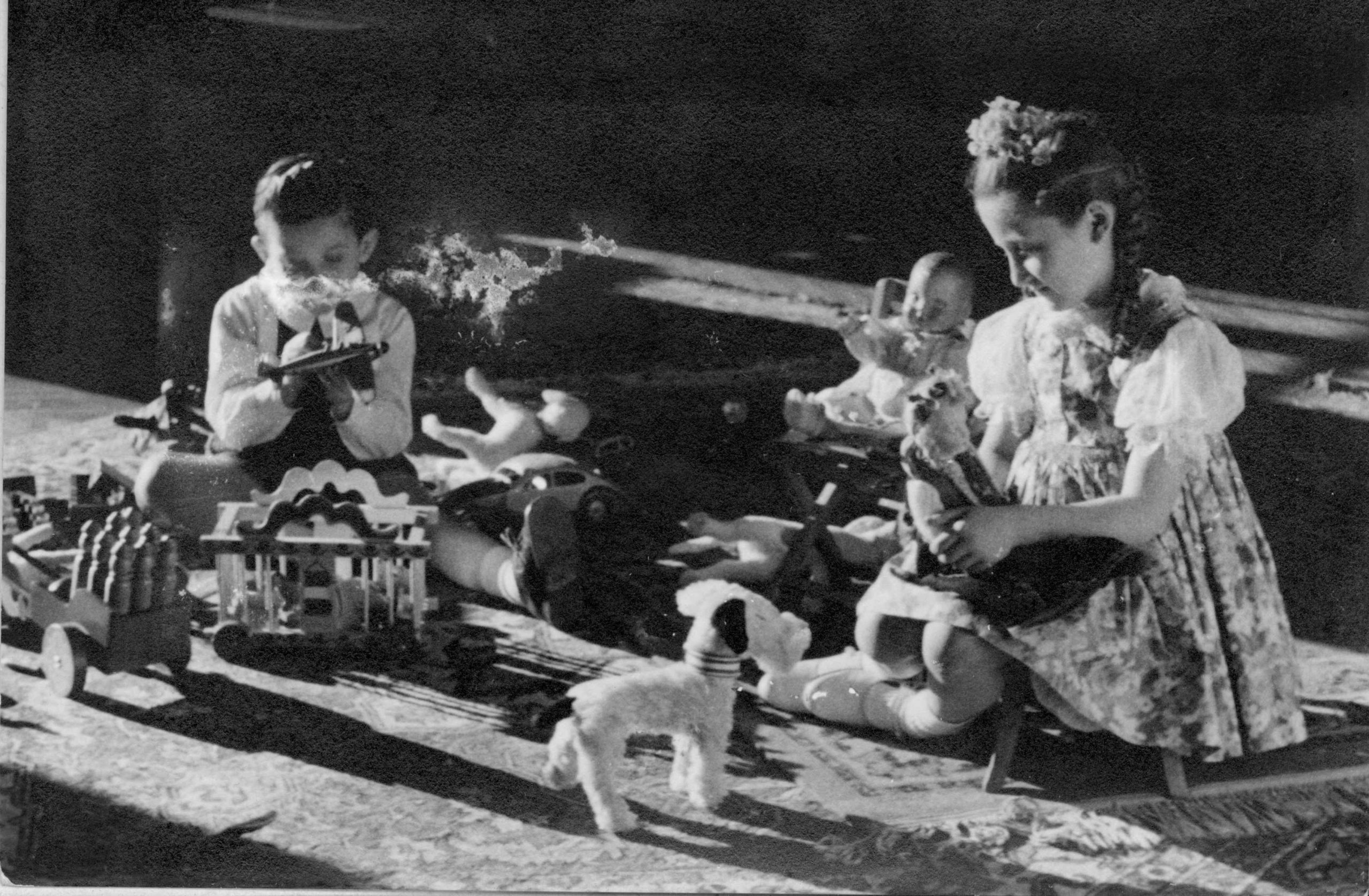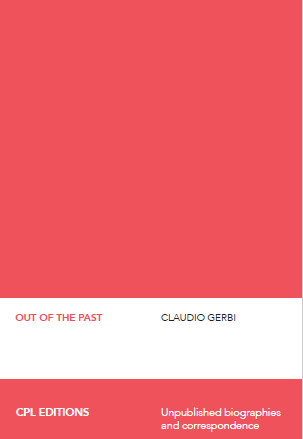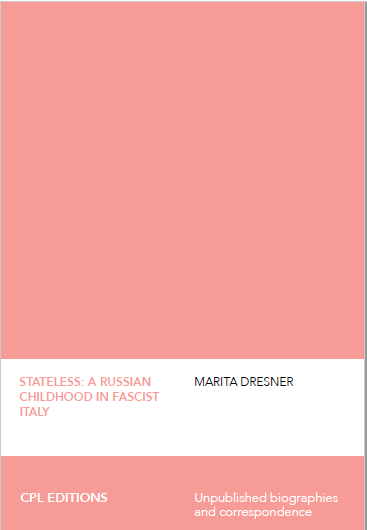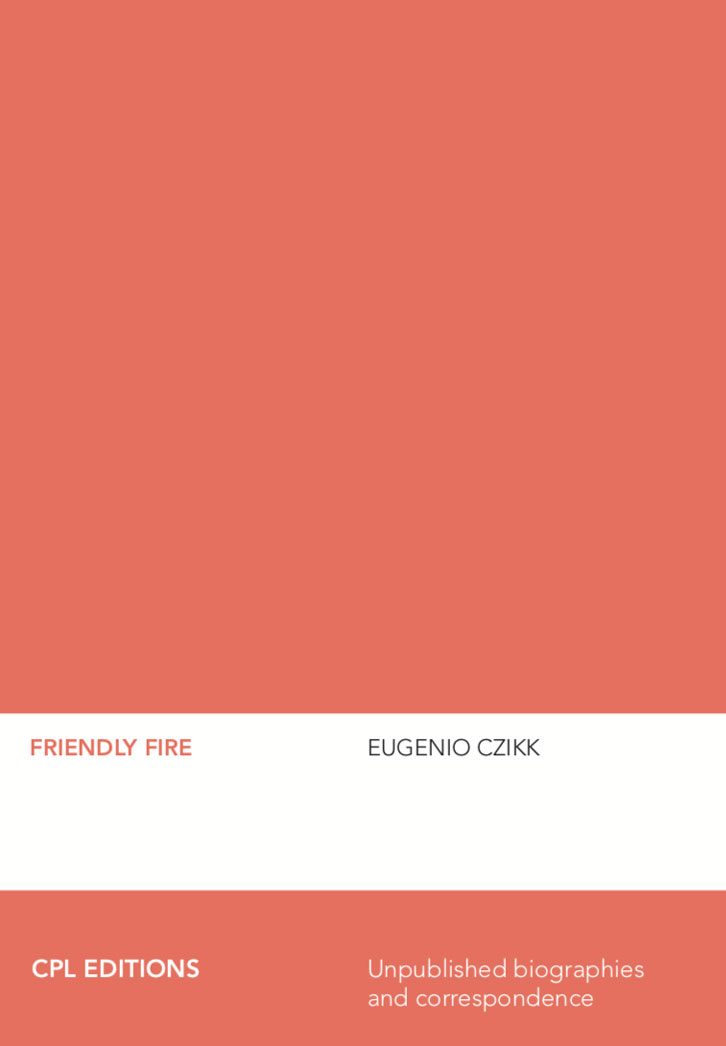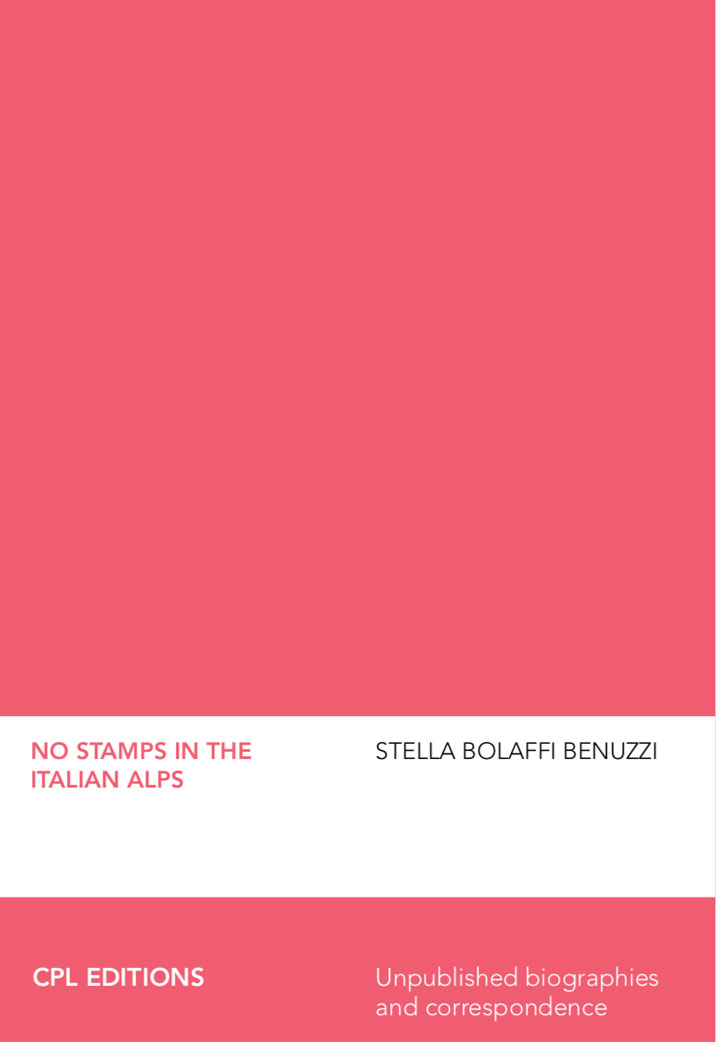Out of the Past
Download a chapter
<!--Author : Claudio Gerbi
Title : Out of the Past
Year : Unavailable
Series : Memoir
Written by Claudio Gerbi
Original in English
This book, a delightful blend of history and personal anecdotes, traces the Gerbi family over almost five hundred years, from the late middle ages to the present era.
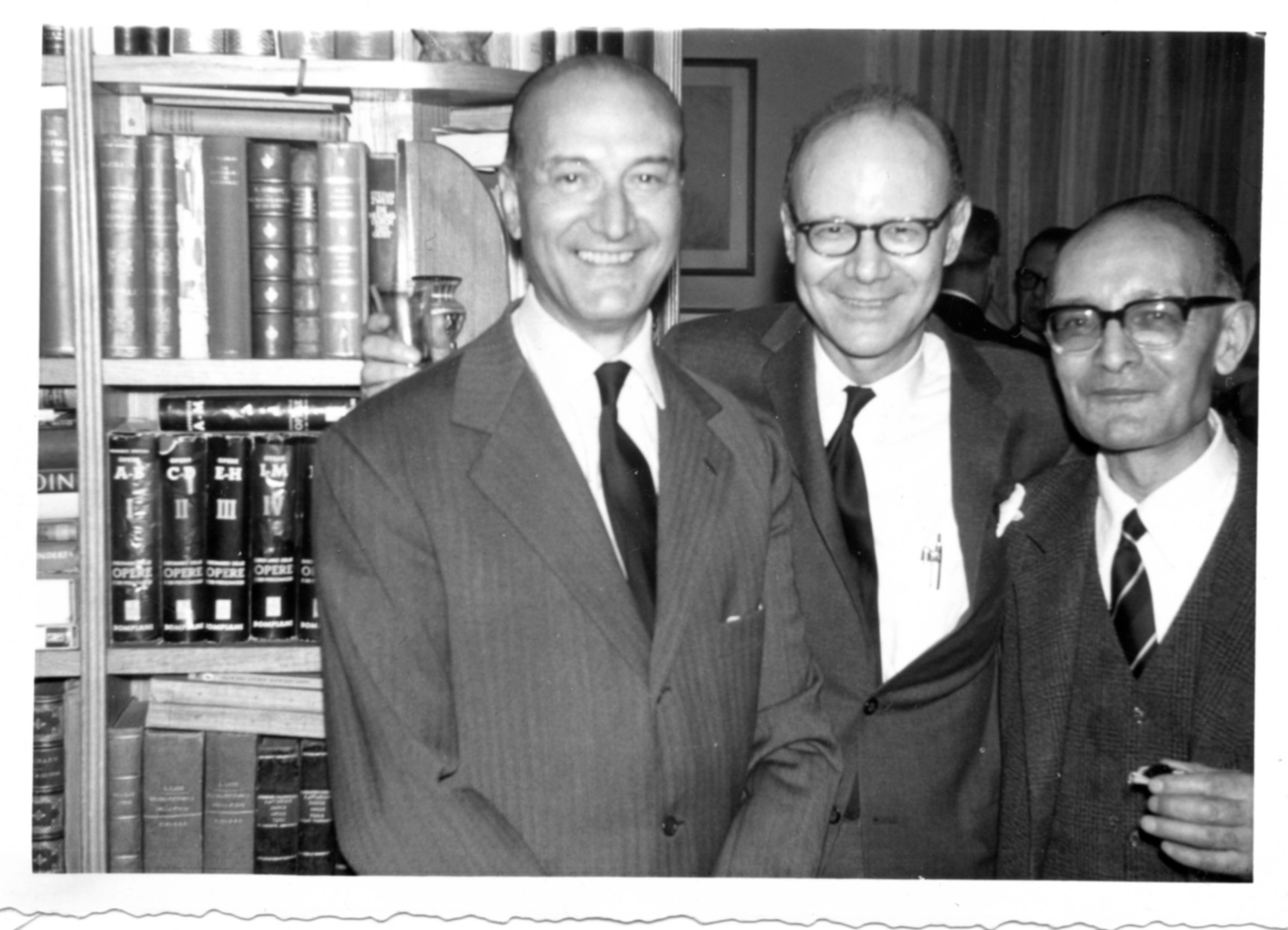
ABOUT THE AUTHOR
Dr. Claudio Gerbi, was born in Florence, Italy, in 1907 and died in New York City in 1990. He studied medicine and practiced in Milan before moving to the USA in 1938, escaping the Racial Laws. He conducted research in hypertension at Case Western Reserve University in Cleveland, served as a district physician in Boston, and moved to New York in 1942. Dr. Gerbi was a faculty member of the College of Physicians and Surgeons of Columbia University, where he taught internal medicine. He retired in 1979. Much loved by his patients (including a sizable number of the Italian Jews who had fled to New York), Dr. Gerbi had a general practice in Manhattan for 37 years.
INQUIRIES
To read the whole original manuscript, email in**@*************er.org and we’ll put you in touch with the author of the book or his representative. The book is available in its original version in English.
Stateless: A Russian Childhood in Fascist Italy
Download a chapter
<!--Author : Marita Dresner
Title : Stateless: A Russian Childhood in Fascist Italy
Year : Unavailable
Series : Memoir
Written by Marita Dresner
Original in English
This reminiscence covers my childhood years in Italy during Fascism and up to emigrating in 1939. It is based on my archive of family letters and other material, and on my own memories of growing up. The full archive spans three generations and continents, from the end of the 19th century through the 20th. The correspondence consists of around 1,500 letters.

ABOUT THE AUTHOR
"I found in Marita Dresner a living treasure: a woman who has lived a full and adventuresome life and preserved it with formidable memory, sense of humor, and critical insight," Alessandro Cassin.
INQUIRIES
Stateless: A Russian Childhood in Fascist Italy currently hasn’t been written yet. Marita Dresner is working with a collection of notes, research and diary entries to create this piece. Contact us if you’re interested in sponsoring this book (donating towards its writing, production and translation), or if you’re interested in publishing opportunities for the book.
FRIENDLY FIRE
Download a chapter
<!--Author : Eugenio Czikk
Sample's translators: Alessandro Cassin
Title : Friendly Fire
Year : 2010
Series : Memoirs
Written by Eugenio Czikk
Sample translated by Alessandro Cassin
2010
Eugenio Czikk’s Friendly Fire is an outstanding and deeply rewarding read. Neither simply an account of his experiences during the Shoah, nor a comprehensive autobiography, Czikk uses writing —as well as omissions— as powerful tools to evoke events and emotional entanglements which constitute the fabric of his being. At different moments in his life, confronted by tremendous adversities and uncertainties, the author reports feeling as if he were “deserting himself.” If self-desertion can ever be reversed, this book traces a pathway toward that intent. We are offering here a glimpse of the manuscript that begins with a vivid, clear-eyed evocation of the lost world where Czikk’s life began: a minuscule town in the Eastern Carpatians, an area inhabited by Jews, Ruthenians, Czechs and Hungarians, where national borders shifted like sliding doors.
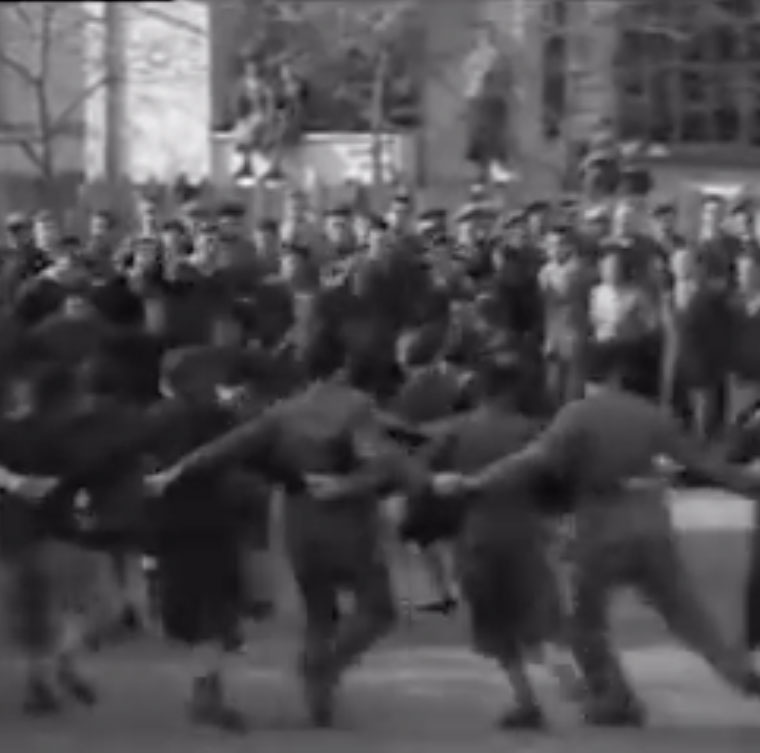
ABOUT THE AUTHOR
Eugenio Czikk was born in Czechoslovakia, in 1926. He enrolled at the medical school there and continued his studies in Hungary and later in Italy, without completing them. He settled and married in Italy, where he was a manager for a well-know commercial company. He is now retired and lives in Milano.INQUIRIES
To request the full manuscript for research and publishing queries, email us at in**@*************er.org and we'll put you in touch with the author. Eugenio Czikk's memoir is written in Italian and is unpublished.NO STAMP IN THE ITALIAN ALPS
Download a chapter
<!--Author : Stella Bolaffi
Sample's translators: Victoria Franzinetti and Colin Thorn
Title : No Stamp in the Italian Alps
Year : 2013
Series : Memoirs
Written by Stella Bolaffi
Translated by Victoria Franzinetti and Colin Thorn
2010
The author chronicles her childhood, tainted by the war, the persecution of the Jews, and the struggles of the partisan resistance movement against the Nazi Fascists in northern Italy. Page after page, a cave inhabited, according to legend, by witches in the mountains of the Lanzo valleys near Turin, the city of her birth, becomes a metaphor for the subconscious nightmares of a ten-years-old girl: her mother’s early passing after a long drawn-out illness, the Racial Laws that prohibited Jewish children from attending school, and a series of hideaways and stratagems to evade capture and deportation, as she came from a well-known Jewish family. Stella Bolaffi's subtle humor also shines through when she uses transcripts from Freudian psychoanalysis sessions to chart her childhood.
